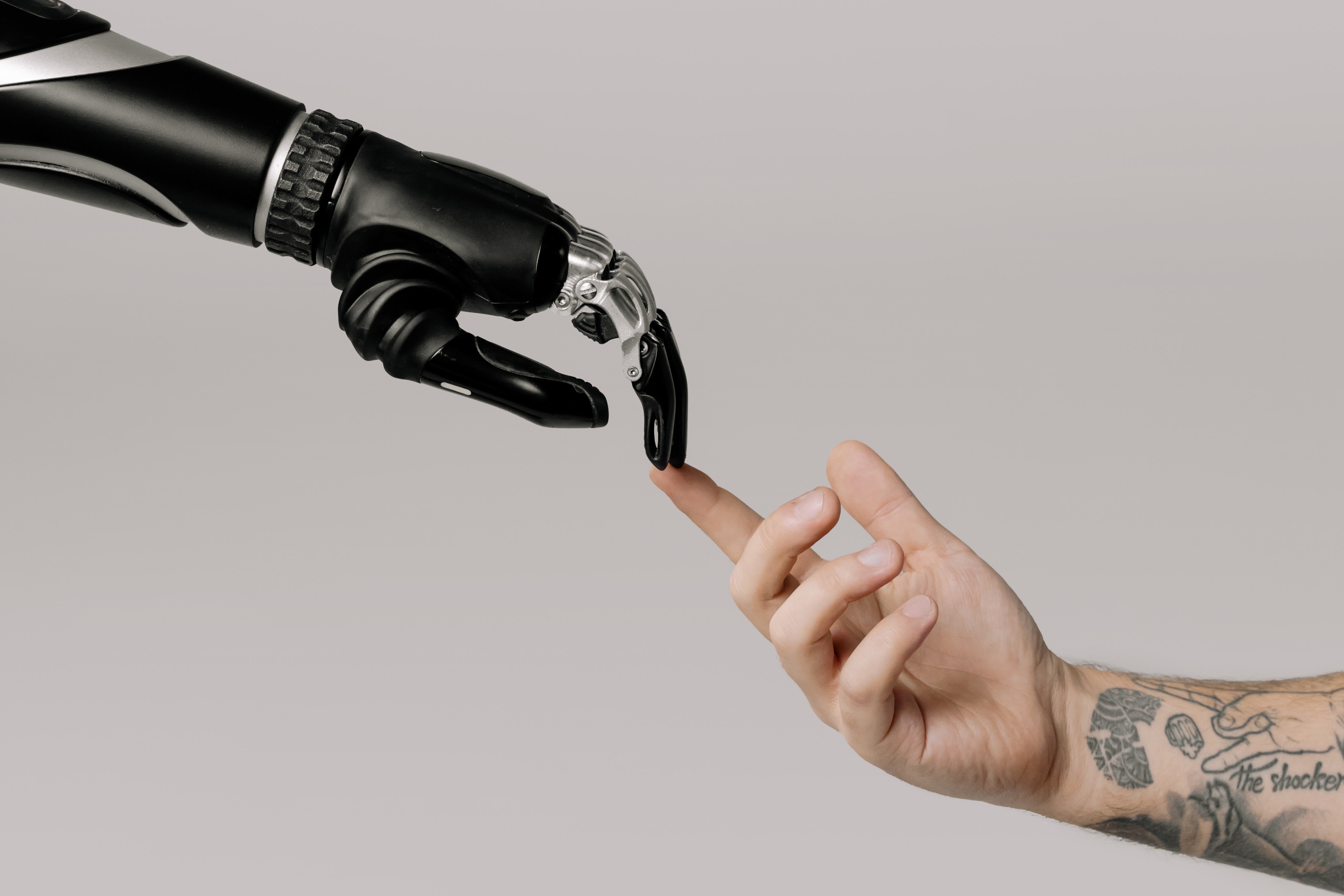
We often hear about the extraordinary advancements of artificial intelligence (AI) in fields like robotics, self-driving cars, and voice assistants. However, AI has quietly seeped into many subtle and unsuspecting aspects of our daily lives. In this article, we’ll shed some light on how AI is enhancing our experiences through social media algorithms, smart home devices, and much more.
Social Media Algorithms
AI algorithms have a direct influence on the content we consume on social media platforms. By analyzing our online activities, preferences, and interactions, these algorithms can tailor our feeds to serve up content that matches our interests, thereby keeping us engaged online. From personalized friend suggestions to targeted ads, AI shapes our social media experience in more ways than we might realize.
Choosing AI Tools
By now, it’s clear that AI has a significant impact on our daily lives across numerous industries. With so many AI-driven solutions available, choosing the best AI tools for your needs can seem overwhelming. When selecting AI tools, it’s crucial to consider factors such as compatibility with your existing workflows, ease of use, and cost-effectiveness, ensuring that you get the most value from incorporating these technologies into your life.
Smart Household Gadgets
Smart home devices equipped with AI capabilities are transforming our living spaces. Thermostats learn from our patterns to optimize temperature settings while vacuuming robots navigate and adapt to the layout of our homes to keep them clean. AI-powered smart speakers offer personalized suggestions and instant answers to inquiries, streamlining our daily routines and making our lives more convenient.
Health and Fitness Trackers
AI is also making its mark in the health and fitness domain. Wearable fitness trackers, for instance, can keep tabs on our physical activity, sleep patterns, and heart rate, thereby providing data-driven insights into our health. Some devices even offer AI-powered coaching to help users establish and work toward fitness goals, making personal improvement more accessible than ever.
Entertainment Recommendations
AI algorithms play a crucial role in shaping our entertainment preferences, whether it’s for movies, TV shows, or music. Streaming services like Netflix and Spotify use AI to analyze our watching and listening habits to recommend content that aligns with our tastes. This personalized approach not only keeps us entertained but also reduces the time spent searching for the perfect show or song.
Financial Services
AI has begun to revolutionize the financial sector, with innovations such as robo-advisors for investment management and virtual assistants for customer support. Borrowing and lending decisions are also increasingly influenced by AI-powered assessments, which can help reduce human bias and improve the accuracy of risk evaluations. Furthermore, AI aids in fraud detection, ensuring that transactions are both fast and secure.
Language Processing and Translation
AI lends a helping hand in the world of natural language processing, empowering tools like Google Translate to provide near-instant translations for text and speech. This advancement helps break down language barriers and allows for more accessible communication between people from different cultures and countries.
E-commerce and Retail
In the realm of e-commerce and retail, AI is transforming the shopping experience for both consumers and retailers. AI algorithms analyze customer behavior, preferences, and purchasing patterns to offer personalized product recommendations, simultaneously improving customer satisfaction and boosting sales. Inventory management, pricing strategies, and targeted promotions all benefit from AI’s ability to process data and make predictions.
Education and Learning
AI has the potential to revolutionize the field of education by providing personalized learning experiences and adapting to each student’s needs. Intelligent tutoring systems offer customized instruction, feedback, and support, helping educators identify students’ strengths and weaknesses to improve learning outcomes. AI-driven tools can also facilitate more efficient grading and assessment, allowing educators to focus on more meaningful tasks.
Travel and Navigation
AI-powered applications like Google Maps and Waze are making travel and navigation more efficient and user-friendly. These apps gather and analyze real-time data on traffic patterns, road conditions, and public transportation schedules to offer optimal routes and travel times. Additionally, some AI-powered travel assistants can handle booking flights and hotels, making trip planning a breeze.
Conclusion
While the astonishing achievements of AI in fields like robotics and transportation often steal the spotlight, it’s the little ways AI impacts our lives that truly demonstrate its breadth and potential. From personalizing our entertainment experiences to enhancing the security of our financial transactions, AI is becoming an indispensable ally in navigating the complexities of modern life.
